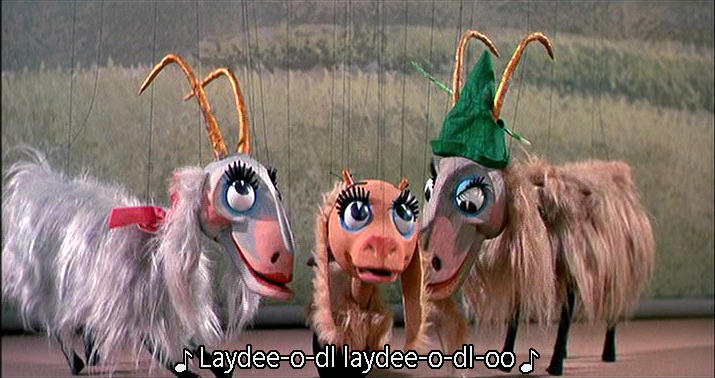
Goats in good health have a lot of energy and are playful.

You can tell when a goat is sick because its sounds differ from those of a healthy goat. If you ever find your domesticated goat alone and bleating loudly to itself, it’s a good idea to get some other goats to keep it company. The goat most likely wants some companionship because they are lonely. However, you don’t need to be concerned about this.

This is why you could have noticed a lone goat making a scream-like bleat. Like people, they crave interaction and companionship with others. They develop a unique bleating style depending on who they’ve grown up with. Our accents vary depending on who we spend the most time with. Children who are all reared together actually have more similar bleats. It’s interesting to note that a goat’s environment has an impact on its bleats. It may alert them of dangers and the like. The mother can also communicate coded warnings to her baby through their bleats. Their child is quickly able to hear their mother and locate them. It helps to build their connection and can be beneficial for multiple reasons.įor instance, if a child is out of sight from its mother, the mother may scream in a unique bleat. Young goats can recognize their mother’s bleats right away. When it comes to baby goats, there is also a bleating pattern that families use. They express their demands with an in-depth but low pitch. Following, he will make a grumbling bleat. If a male goat sees a female goat he likes, he will rush up to her. As a result, goats have a bleating manner that helps them attract a mate for mating. Like all other animals, they must reproduce to continue the species. It helps to highlight the importance of what they have discovered. They will change their bleats in various ways to communicate their discoveries. Or otherwise, they could have discovered a new stream.
Mother goat sounds Patch#
They can bleat if they find a tasty patch of grass to nibble or graze on. Goats often share something they’ve discovered with other goats through bleating. Therefore, they will be bleating for water using their specific sounds. They may be asking other goats or farmers for food because they are hungry. Overall, they’ll be making a variety of bleats for many reasons and a range of baas for new demands. Fortunately, such situations are much more infrequent. Goats don’t always bleat when they’re in danger. Goats also create a snorting-like bleat to warn other goats of potential threats. Their depth or pitch may also reflect this for example, a higher pitch may imply even more urgency.

It is similar to how a human would cry louder if they were in dire need of help. If a goat is in dire need or danger, the intensity of its bleat may increase. It depends on the specific purpose for which they are bleating. The goat bleats can differ in a variety of ways, including loudness, depth, and pitch. If they’re domesticated, they’ll even try to seek the help of the farmers who look after them. Goats have a wide variety of bleating sounds that they use to communicate with their fellow animals.

Mother goat sounds full#
Animals That Start with A – Full List, Images, Facts.


 0 kommentar(er)
0 kommentar(er)
